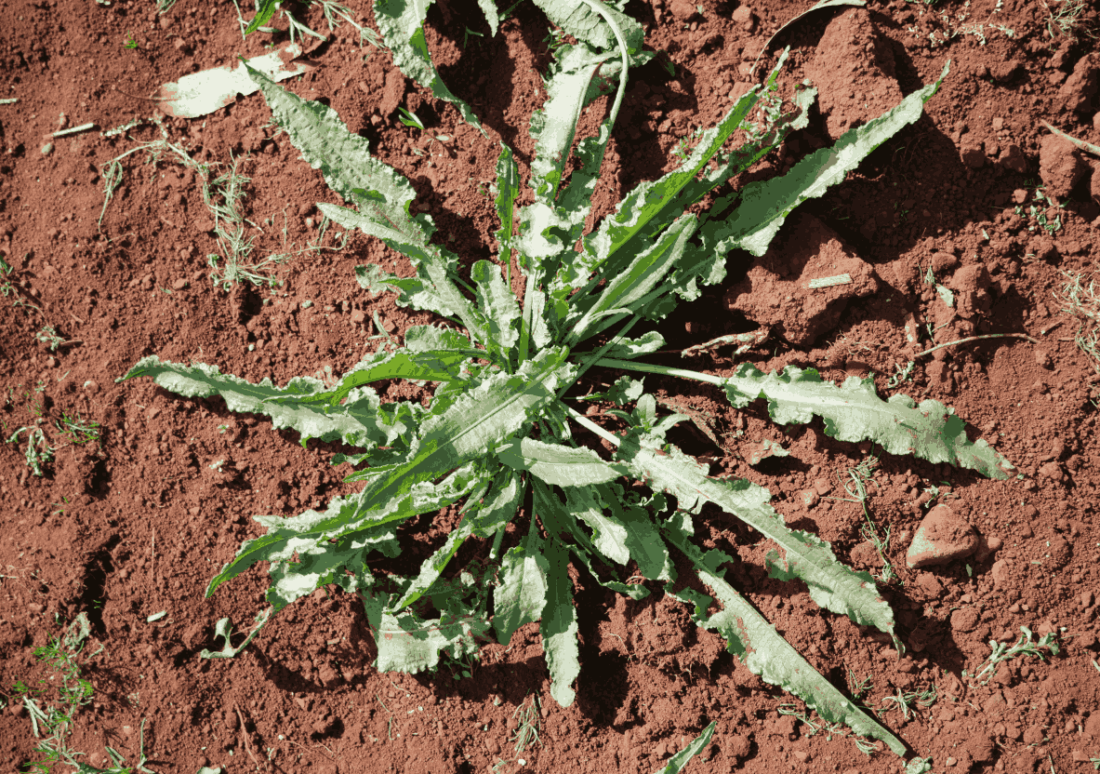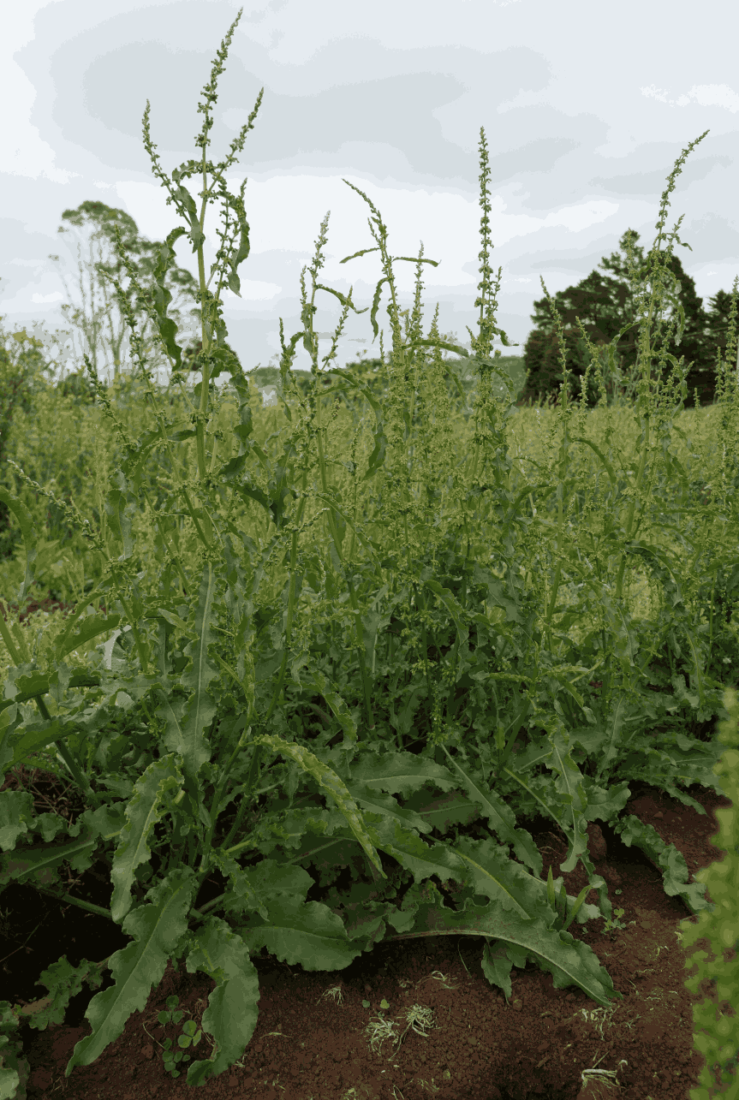Those who have ever suffered from dandruff will tell you it is an irritating and at times, embarrassing condition. Not only can it make your scalp feel uncomfortable and itchy, but unsightly flakes of dry skin can be visible in your hair and on your clothes, causing embarrassment. While dandruff is common and has various causes, it’s no fun to be a sufferer, and most of us will do anything to get rid of it.
There are many dandruff treatments out there, including medicated anti dandruff shampoos and ointments. In some cases, using these products can be very effective, and in others, the scalp’s condition may not improve at all. That’s why it’s ideal to understand the cause of your dandruff, and use gentle herbal products that support the scalp. Using a natural anti dandruff shampoo that contains specific anti dandruff properties alongside gentle herbal ingredients on a regular basis can help prevent dandruff from occurring, and stop existing dandruff worsening.

What is Dandruff?
Dandruff is a non-contagious condition where the skin on a person’s scalp excessively sheds. This results in visible flakes of white or yellowish dead skin appearing on the scalp. When this skin dislodges, it can either sit within the hair, or fall onto your shoulders and show up on clothing. Other symptoms of dandruff may be:
- All over dry skin on the scalp
- Patches of particularly itchy, red skin on the scalp
- Hair loss
- The appearance of dry, flaky skin on other parts of the body.
The Causes of Dandruff
Most commonly, dandruff is a result of a buildup of dead skin cells on the scalp. When these skin cells build up and clump together with the skin’s natural oils, they become more noticeable and eventually flake off.
Other causes of dandruff are:
Yeast overgrowth on the scalp. There is a particular yeast called Malassezia which lives on the skin. If there’s an imbalance of yeasts, then you can shed an excessive amount of skin.
Seborrhoeic dermatitis is a skin condition that can cause itchy, inflamed and red skin. In addition, patches of greasy scales may appear on the skin, and the patches can gradually spread. This dermatitis will sometimes impact other parts of the body, such as the eyebrows, beard, cheeks and nose.
This form of dermatitis/eczema is fairly common in Australia, and is more common in those with compromised immune systems and neurological conditions, however it can affect anyone. Seborrhoeic dermatitis can be persistent and uncomfortable, often requiring ongoing management.
Particular triggers for seborrhoeic dermatitis are:
- A weakened immune system. This may be a result of stress, fatigue, or a medical condition.
- Certain medicines
- Seasonal changes, such as particularly dry or cold weather.
When to Seek Medical Help for dandruff
Dandruff is usually a mild condition you can treat yourself, however it’s worth speaking with your GP is any of the following apply:
- Your dandruff is persistent and hasn’t improved despite treatment over time
- The flakes of skin falling from your scalp are particularly large and/or thick
- You’re experiencing redness, irritation or hair loss as a result of dandruff
- You’ve noticed skin is flaking off, or is irritated, on other parts of your body.
Treatments for Dandruff
There are various dandruff treatments available. You can get over-the-counter anti-dandruff shampoos in pharmacies and often in supermarkets in Australia. These anti-dandruff hair shampoos may contain active ingredients like ketoconazole, coal tar, zinc pyrithione, or selenium sulfide. These shampoos may or may not help your condition.
Many people choose to take a more gentle approach for treating their dandruff, and find that the best anti-dandruff shampoos for them are the herbal products. These are usually sulphate free anti dandruff shampoos that contain a range of herbal ingredients known to help relieve symptoms of dandruff, and help restore the condition of the scalp. In some cases, these herbal products may contain chemicals like climbazole, a topical antifungal agent, and allantoin, a naturally-occurring chemical compound known to protect the skin.
These ingredients help to combat dandruff, whilst being mixed with other natural ingredients known to be gentle on the skin.
For particularly bad cases of dandruff, or those caused by a yeast overgrowth or by Seborrhoeic dermatitis, a doctor or dermatologist may prescribe certain treatments to assist. These may include over-the-counter treatments, or topical ointments or antibiotics obtained via prescription.

Preventing dandruff
Though some cases of dandruff will recur, there are a range of measures you can take to reduce the likelihood of dandruff occurring, and/or reducing its impact if it does occur.
- If your scalp is prone to being oily, regularly wash your hair to prevent the buildup of oils and dead skin. Be certain to use a gentle, sulphate-free herbal shampoo and herbal conditioner. And if you already have dandruff, then using a specialised herbal anti-dandruff shampoo that won’t strip your scalp of its natural moisture, is helpful.
- Avoid showering in very hot water as this may dry out your skin and lead to an overproduction of your skin’s natural oils to recompense, which can then exacerbate dandruff.
- Avoid hair products containing alcohol and sulphates, which may dry out the scalp and cause irritation. Even a single use of such a product can lead to poor results for your scalp. It’s preferable to stick to mild, herbal ingredients that have been used in herbal medicine for a long time, provided that these ingredients don’t irritate your unique skin, as well as chemicals known to support the scalp in battling dandruff, like climbazole and allantoin.
- Avoid or limit your use of heat styling products, like hair dryers and curling wands. They can dry out your hair and scalp, leading to overproduction of oil.
- Eating a balanced diet that provides sufficient zinc, B vitamins and certain fats that support good skin health is important.
- Reduce stress. Stress can lead to a poorly-functioning immune system, and an outcome of this may be dandruff. (Herbal supplements can help with stress relief. Consider Stress Plex herbal medicine, which can relieve symptoms of stress and mild anxiety, and reduce nervous tension.)
- Limit alcohol and avoid a high sugar diet. These can contribute to yeast overgrowth, which can be a cause of dandruff. (If a yeast imbalance is causing your dandruff, a supplement like Canda Plex may help. It can relieve symptoms of mild, superficial skin fungal infections.)
- Spend time outdoors. Sun is particularly therapeutic for skin conditions like dandruff. Of course, be sun smart, but some amount of sun each day can be helpful.
- Consider taking an immune support supplement, like Immune Plex, which contains ingredients known to improve immune system function and immunity, and help the body adapt to stress.
Wild Anti-Dandruff Shampoo for Scalp Support
Herbal shampoos, particularly those containing ingredients with antifungal and antimicrobial properties, are helpful ways to prevent and treat dandruff. PPC Herbs’ Wild Anti-Dandruff Shampoo is one such product. It is formulated to help those prone to dandruff, with itchy and/or oily scalps.
This shampoo contains a range of ingredients that synergise to cleanse the scalp, control dandruff-causing fungi, and soothe irritation, all while supporting scalp health. They include:
- Climbazole: This antifungal agent helps to keep the fungi that causes some types of dandruff under control, and is commonly used in natural dandruff treatments.
- Tea tree leaf oil (Melaleuca Alternifolia): Well known for its antifungal and antimicrobial properties, tea tree oil can help reduce dandruff caused by fungal imbalance.
- Neem seed oil (Melia Azadirachta): Neem oil is known to have antifungal and antibacterial properties that are known to be effective in promoting a healthy scalp and in treating dandruff.
- Clove bud oil (Eugenia Caryophyllus): With antimicrobial and antifungal properties, clove oil can help reduce scalp irritation and dandruff.
- Lemon peel oil (Citrus Limon): Lemon oil balances scalp oil production and helps prevent the buildup of oils that contribute to dandruff.
- Allantoin: Allantoin is helpful in promoting healthy skin, reducing scalp irritation, and preventing dandruff.
Wild Anti-Dandruff Shampoo also contains extracts of Comfrey, Alfalfa, Fenugreek, Ginger, Licorice, Pau d’Arco and rich essential oils that help to make hair and scalp healthier.
Directions for Use
PPC Herbs’ Wild Anti-Dandruff Shampoo is very simple to use. Apply to wet hair and massage it into the scalp for one to two minutes, then rinse thoroughly. You can use this daily, or less often, depending on your scalp’s needs.
This natural anti dandruff shampoo is free from animal testing, artificial colours, perfumes, detergents, and harmful chemicals such as sodium lauryl sulfate and sodium laureth sulfate, ensuring it’s gentle on the scalp.

FAQs
What is the best anti dandruff shampoo in Australia?
Whether you choose a natural anti dandruff shampoo or a medicated anti dandruff shampoo, there’s no such thing as the ‘best anti dandruff shampoo in Australia’. You might need to try different anti dandruff shampoos to see which works for you.
In addition, some good anti dandruff shampoos will work for a time, then stop being effective as your body adapts to them. So, you may need to switch it up and try a natural anti dandruff shampoo before or after trying a medicated anti dandruff shampoo.
What are the best tips for avoiding dandruff?
- Wash hair regularly with a mild, herbal shampoo, or with a good anti dandruff shampoo that is made in Australia, from natural ingredients.
- Avoid using harsh chemical-laden hair sprays, mousses and other products that can dry out the scalp.
- For the best anti dandruff shampoo options in Australia, aim to use a natural anti dandruff shampoo that combines gentle herbal ingredients known to help with dandruff (like tea tree oil) with an antifungal, like climbazole.
- Minimise the use of heat styling tools that can damage the scalp and hair.
- Follow a healthy lifestyle, limiting consumption of alcohol and sugar, and getting plenty of helpful vitamins and minerals, and plenty of sunshine.
- Reduce stress by getting sufficient rest, sleep and physical activity.
- Consult your GP if your dandruff is particularly persistent and/or uncomfortable. They will assess your overall health to understand why you’re being impacted by severe dandruff, and may prescribe special medications.
Are natural anti dandruff shampoos better than medicated anti dandruff shampoos?
Not necessarily. It depends on your particular case of dandruff, on the causes of your dandruff, and on what treatments you’ve already tried. For a start, it is a good idea to start with gentle products to treat your dandruff. If you don’t see results, then you may wish to try medicated anti dandruff shampoos.
No matter whether it is a natural shampoo or involves man made chemicals, if there is irritation when using a product, you should discontinue its use. There are ingredients in herbal products that can cause reactions in some users, so it’s important to adjust treatments according to your own unique skin requirements. And if you experience any severe reactions to a product, see your GP.